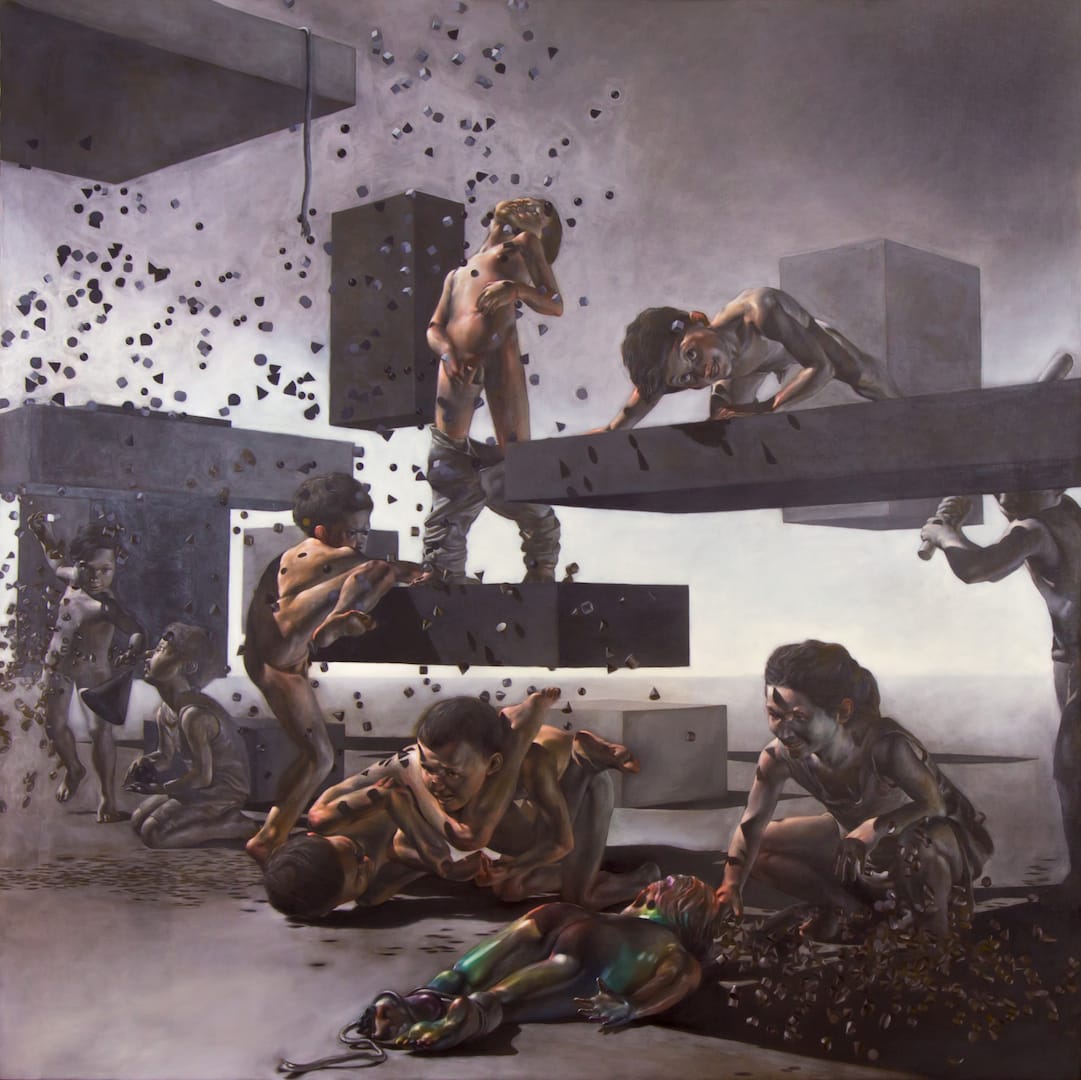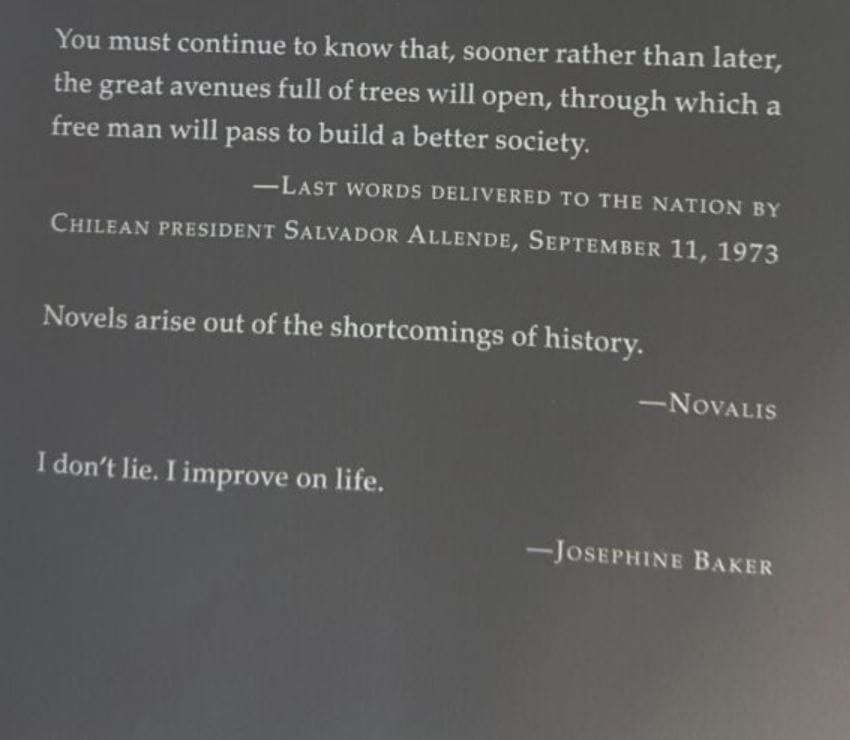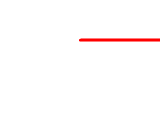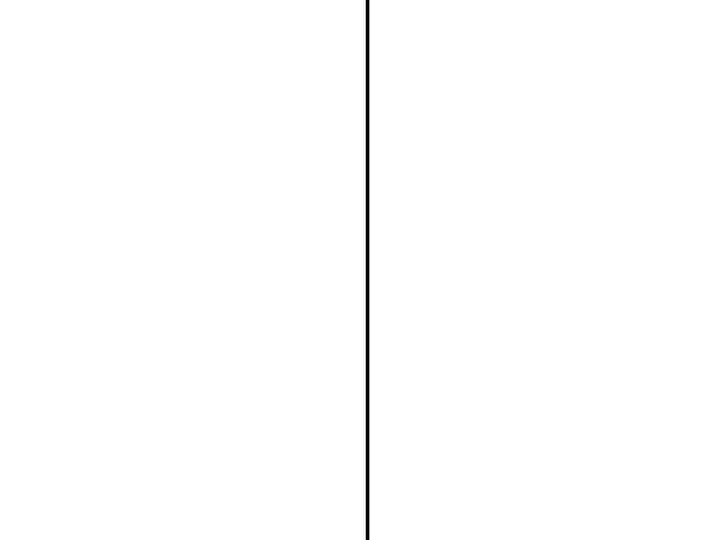statements of position, notes & non sequiturs

(being drafts from squarewhiteworld, presented here for interest and diversion)
It has come to my notice that the Right has lost itself as the Left did earlier
Let's say I'm a shot. . .
A moving image is a shot. A cinematic moving image is a shot. . . .
Space is a social construct
... idea of genocide came from the place and people in relation ...
Hebrew | Greek ::: a note or two following D. Mendelsohn
... optimistic style ... includes criticism ... Greek
fragments ... pessimism of Hebrew ...
Joyce & Beckett ...
anthropomorphism
again thinking about the advantage: not sympathy, but perception ...
What is transcendental?
transcendentalism is like a background
see notebook re what is transcendental
in the media space
We are in this space.
a note on inner space
It appears that Bergson's translator, F.L. Pogson appends to Bergson's first work, translated as Time and Free Will, the epigraph from Plotinus,
"If a man were to inquire of Nature the reason of her creative activity, and if she were willing to give ear and answer, she would say – 'Ask me not, but understand in silence, even as I
am silent and am not wont to speak.'"
Bergson, it's to Bergson we owe the distinction between Open and Closed Society
another source for Deleuze's contention that the Left can never lead. In other words the Open Society is impossible, "the necessity of collective obedience to moral norms and beliefs in fictions that promote social cohesion" means that liberal democracy is an animating ideal only in "moments of particularly intense ethical and political inspiration." (source)


Angus Fletcher's Wonderworks, 2021
Wonderworks has the subtitle Literary Invention and the Science of Stories. Fletcher, says the bio blurb on the back flap of the dustjacket, has degrees in neuroscience and literature, his PhD is from Yale. It doesn't mention a double PhD but it does point to the dual focus of the book, literary works of invention and wonder, with some sort of epistemological authority, since based in science.
It's a surprise then to begin reading and find the tone sub-Hugh Kennerishly, sub-Guy Davenportly and self-consciously literary.
"Sometime around 2300 BCE, in what is now Iraq, literature's first known inventor was born within a great mudbrick palace near the snowmelt waters of the Tigris River." This is how Fletcher begins his story, by storiefying. I've only read a couple of pages so I don't know if the style's going to make them fall out, it's so sweet it makes my teeth hurt.
what else is a machine than an attention loop
this here then is not a machine
?
the Creative Fool generation...
2 x Félix Guattari, 1930-1992 2 x
We cannot live outside our bodies, our friends, some sort of human cluster, and at the same time, we are bursting out of this situation. The question which poses itself then is one of the conditions which allow the acceptance of the other, the acceptance of a subjective pluralism. It is a matter not only of tolerating another group, another ethnicity, another sex, but also of a desire for dissensus, otherness, difference. Accepting otherness is a question not so much of right as of desire. This acceptance is possible precisely on the condition of assuming the multiplicity within oneself.
— Félix Guattari, 1930-1992
critical fabulation
Nitya Rayapati suggests Fernández’s project echoes ‘critical fabulation’, a form of creative semi-nonfiction combining historical research, theory and fiction to illuminate archival absences.
conventionalism
science as a whole is relative to the particular order in which the problems happen to have been put. It is in this meaning, and to this degree, that science must be regarded as conventional.
…a conventionality of fact [de facto]…not of right [de jure].
– Henri Bergson
cf. wallfacers
cf. conventionality, in Minus Theatre exegesis
and so we imagine a natural disorder
which is more real, the order of cyclic nature? or an underlying disorder on which order is an imposition, artificial?
a note about conatus
to be in the moment and out of one's head ... each breath...
dying with each breath
human conatus symbolic prolongation inside duration, as part of it
Deleuze 'corrects' Bergson with immanence: an immanent sense of duration, rather than dying every moment—that scary thought.
<<cell works by division not inclusion or interaction ...>>
the tenuous thread of the schematic
(link between moving image and concept)
a tenuous thread connects every particle on earth and the universe - Bergson
Bergson's tenuous thread connecting to the Whole - Deleuze (Cinema 1): here Deleuze plays off Bergson in Matter and Memory against Bergson in Creative Evolution.
link to: "problem of duration as the source of that creativity, its origin, that the earth is" in sugar dissolving post
:::speeds, and stutters, breaks: speed of consciousness! i.e. time passing internal, is absolute
'''it reminds me of me'''
inhumanities: in praise of anthropomorphism
[against anthropocentrism]
"Thoreau once noted that all animals are beasts of burden, 'made to carry some portion of our thoughts.'"
– Rebecca Solnit, Orwell's Roses, (London, UK: Granta, 2021),126
(see a tenuous thread, above)
(no title)
Maybe I need to manifest? Yesterday, I wrote, home may be where the heart is, business is where the blood is. I was thinking about the heart of home pumping the blood of business around, about that total war which has ended up in everybody's living rooms. Initially, however, I was thinking about the newspaper.
Used to be said: if it bleeds, it leads. Is it still said? by editors and those to whom selling copy is important. I was thinking how the business section of the newspaper is where all that juicy stuff has found a home, like that story in a Saturday edition of The New Zealand Herald (just writing that, gives me a colonial frisson) about how the advertising agency, Colenso, as an exercise or experiment fed true information, about COVID-19, into the channels used for mis- and dis-information, those promulgating conspiracy theories, like the plan-demic.
Colenso discovered that presented as if it were fake or false, factual information actually passed, and was believed; it was a matter of the style of presentation, not the content; or the form not the content... just like Graham Harman said, talking about Object-Oriented Ontology (or triple O), aesthetics is first philosophy. He was, as his interlocutor suggested, picking up on Emmanuel Levinas's contention that ethics is first philosophy. Is that a contention, a principle or a belief? Or is it a fact? a truth-claim, perhaps.
The day before yesterday (or was it the day before that?), I wrote, To give / rise to / in within / time. The lineation is (was?) important, and, looking back on it, I see I wrote it all in capitals. Makes me think of helping Uncle Jack off a horse versus helping uncle jack off a horse.
a cascade into nothingness
falling back, stepping down, closing off and retreating and regrouping and compressing and abandoning and abstracting and finessing, always trying by whatever means possible to keep its personality, its soul intact until there was nothing remaining to sacrifice, nowhere else to go and no survival strategies left to apply.
– Iain Banks, Look to Windward, 2001, p. 315.
and a cascading series of feelings on causing destruction
Appalled. Compassion. Despair. Detached. Elated. God-like. Guilty. Horrified. Miserable. Pleased. Powerful. Responsible. Soiled. Sorrowful.
– Ibid., p. 314
basket weaving with a simple dynamic system

day 445 - ?
(given without parameters but from the little here it can be inferred that this is day 445 of COVID-19 lockdown)
Not knowing when the dawn will come, I open every door.
– Dickinson, whose long dash — is for Lawrence Weinstein a holding open the door.
...
In a promotional link to this story here I misread the keyword neurotheology. I took it to mean theoneurology. That is the theistic determination of human sentience, rationality and consciousness, as neurological, having to do with, turning on, the discourse of neurons.
The discourse of neurons, neuronal discourse: as we might say technology is the discourse of technics, technical discourse; but in its theoneurological determination it has become word of god. And perhaps we can make an argument for neurology having displaced technology as word of god, as determination of belief determining belief.
...
Is Leos Carax the French Darren Aronofsky? consider...
...
links
Paul Joseph WatsonCulture, controversy, contrarianism.
m o d e r n i t y
m o d e r n i t y 2
day 106
(it can be inferred that this is day 106 of COVID-19 lockdown)
- thanks, K!
love... ::: >
Call yourself an environmentalist?
How can you if you perpetuate the ugliness of the environment?
This applies as much to the human environment as to the natural environment. They largely coincide, but not altogether: think of the uglinesses perpetrated in and on the digital environment.
we should sooner make the distinction between the human designed and the nonhuman designed environment
The Worst is Yet To Come: A Post-Capitalist Survival Guide
by Peter Fleming
There is a hesitation about broaching the end of the world, possibly because there is no doubt the world is not ending.
The ones you would be broaching it for are the ones who are not prepared for what is undoubtedly going to happen.
And in this way, we are warning the enemy. We are not whispering the secret amongst ourselves.
You are waiting to hear what news there is.
This is where Peter Fleming's The Worst is Yet To Come: A Post-Capitalist Survival Guide is helpful, because the good news is that there is a secret. Unfortunately it is only the sort of secret one keeps from oneself.
Telling it to others is the important part.
What is undoubtedly going to happen is that things are going to get worse.
This also means that psychic dissonance is going to get worse. That is, the task we require of habitual life, of our habitual lives, to sustain themselves, at the psychic level, is going to become more difficult.
The contradictions are going to appear black and white—and from it we are going to expect we retain balance. This is where mindfulness does not work.
It does not work because it tells us we have it within us to make harmony over the psychic dissonance we know to be in the contradiction of a world promising more friendly encounters but delivering inner abjection and outer devastation. We don't have it within ourselves to bridge Trump and inner experience, Brexit and inner experience, the everyday workplace and inner experience, even outer experience and inner experience.
The answer proposed in Peter Fleming's book is not just face your fears, because whatever they are, in the psychosocial amplification of the world you will be facing soon they are going to be so much more; the answer is the break. Or what Fleming takes from Mark Fischer—who committed suicide: acid communism.
This is also what Neel Burton refers to in his book Hypersanity: Thinking Beyond Thinking .
But you are thinking, So much for my thinking, or boot-strapping my thinking, what beyond representation in the individual case, in my thinking, even as it carries over, and affects, my experience and actions in the world, should I do?
The sad answer of Josh Cohen's Not Working: Why We Have To Stop is that the urge to do something is no more than a symptom we ought to resist, as we really feel we want to, of the real issue.
And again, The Worst is Yet To Come stages an encounter with the real issue, which is the impossible.
Heidegger's impossible is apt of recall here.
What enables you, us, each of you, all of us, in the anthropological thinking Heidegger ends up being trapped by, is that you should set before yourself, that we do set before ourselves, each, and all of us, a level of engagement of the world, with the world, that is beyond us, such that it is beyond our powers, because we never live up to it: we die. That we die is the condition for the set-up in the first place.
We don't get to travel or do the job we want to or buy the house... we need to learn austerity, if not humility. This is made into a case for our personal fulfillment, individual satisfaction, and identified with the cult of individualism—a mistake that Fleming makes too—rather than set as the precondition for the level of the horizon on which any kind of world opens itself up to us as a world in which anything at all can be done.
Another impossible: Hayek's programme to make universal the resistance to totalitarianism by espousing the creativity of competitive entrepreneurial capitalism is apt of recall here.
The impossible now is breaking with capitalism so defined.
What does it mean? What does capitalism mean?
Like any concept it is only able to be mapped in relation to the variables that explain its mutations. This is to parse from Deleuze what is important.
Marx is not the ultimate thinker of capitalism but he returns to capitalism two aspects that often go wanting from its conceptualisation: the people—of the workers, or the third world, the colonised; and the psychic level that is both social and individual of a motor in general and personal histories of economic relations, as well as those, it may as well be said, mediated by money.
The impossible break is then a trip. ... to where the things that seem to matter most now to you are of no matter whatsoever. Then.
You are dead. Enjoy your extinction.
Fleming is right. The worst is yet to come. Prepare for that. Dinosaurs.
Humans ought to light lamps.
A social psychotic break is coming. It came. It passed. Happened. It did not announce itself.
On the horizon of the problem already many: this is the most difficult work. But this does not mean it is any less certain.
They, or we, will not say, we need to do, we must, while there's still time, it's too late, too hard, we need to; they or we will not invoke we, we anthropologists—that is where Brazilian anthropophages have it over us.
What are the machines that can be set to work... given that every machine is a machine for producing subjective events... what are they, the we, the peoples, who can suffer to lose the worlds of which they are the constitutive points of view?
There is an uncharitable nature in phenomenology outside of Lingis as of existentialism that accounts for the current preference for Levinas.
To call it a refusal is not enough.
To refuse is more than enough ....
(in every refusal, wrongly assumed to be its contrary, there is yet something that may be affirmed)
(no title)
(a time capsule)
It began as anger against neoliberal climate policies, a revolt against unfair petrol taxes that pass on the cost to working people rather than the rich and the very multinationals most responsible for polluting our planet. Now four weeks later, it has become a popular uprising for dignity, a rebellion against the elite and their world,a cry for equality. It has evolved into a powerful refusal of representation, of spokes people, political parties and unions. We have all been overtaken by what has been happening, everyone has become more than themselves; because we are impossible to define, the only code we have is a colour code, all the other codes are broken. We are too diverse and decentralized to be called a movement, too different to be categorized, let’s simply say we are an uprising ! Some in Europe have tried to turn this into an emblem of ideas from the extreme right, attempting to instrumentalise our heterogenity..The yellow vests was at first a piece of road safety equipment, now it become an unprecedented event which opens up the fault line that charts our future, a chasm we must bridge, between social and environmental justice. It invites us all to make a choice between the political classes and the people,between closing borders and opening possibilities, between despair and hope.This Saturday 15th of December, will be a key moment, ACT 5. Each Saturday has been called an act, an acknowledgment that the most beautiful popular theatre takes place in the streets, when we are dressed in costumes of fluorescent yellow https://snuproject.wordpress.com/2018/12/14/act-5-this-time-its-intergalactic-a-call-out-from-the-gilets-jaunes-yellow-vests-for-solidarity-actions-everywhere/
(no title)
a review of Dr b. hogarth's Land of Missed Opportunities in which I suggest the revised title Against Better Judgement: the cure for an excess of self-love is an equal excess of self-loathing
Dr Hogarth has established himself as one of the most outspoken and unreliable commentators on the New Zealand thing. So what to make of this latest outing, latest to bolt from the stable of global publishing consortium Stahber & Bateman? Because in Land of Missed Opportunities Dr H asks the the following: What to make of a nation that had a perfectly good declaration of independence but opted instead as its founding document for a treaty cobbled together as if overnight to legitimate a colonial landgrab?
(link to Declaration of Independence)
The good Dr assures us this was in fact Hobson's fabled choice. And so begins an itinerary through the course of the race to the bottom NZ has engaged in since.
... via the years of mayor of AKL Dove-Myer Robinson—the pertinent missed opportunity being several. The one of note here is and was the plan to link the St. James Theatre to the Civic with a skybridge over Queen Street, preempting the need for Kiri's rotary cowshed, the Aotea Centre. And some of the missed opportunities Hogarth assures us were opportunities taken only to be rescinded, like the tramways of NZ's major centres, the tramlines having been long since pulled up, at, says Hogarth, the behest of the local automotive industry—and think of Todd Motors as another of them.
I don't think I think
cared to death—industrial palliation: bodies & capital, or bioeconomics
the appearance of love...
...is the appearance par excellence.
come on, the large-scale undoing of history
the things of which we are most afraid are already ours
(see "in every refusal, wrongly assumed to be its contrary, there is yet something that may be affirmed" above)
Hexmachine
[Gerald Raunig's] A Thousand Machines, above and beyond its actual content, is ultimately a call to dialectically think the implications for resistance to capital when both oppressor and the oppressed champion the same ethos of creativity, freedom, authenticity, and production.
In the spirit of Deleuze and Guattari’s first axiom that the “war machine is exterior to the state apparatus” (A Thousand Plateaus 351), Raunig offers a sweeping catalogue of artistic movements that, in the style of the war machine, verge toward the exterior of state systems in search of new lines of flight.
Moving from a discussion of the deus ex machina in ancient Greek theatrics to the radical experimentation of post-revolutionary Soviet theatre, Raunig suggests that art and theatre might be productively viewed as an “abstract machine” that exists within, yet operates in contradiction to, the purely technical machine of the state apparatus.
Where Marx had assumed that the physical agglomeration of wage workers on the industrial shop floor would, as a matter of course, generate a historically unprecedented form of class-consciousness which would set an otherwise static sociological category – the working class – into motion, Raunig’s thesis suggests that the flaw in Marx’s theory was not that the proletariat was too weak, but rather that it proved, in a sense, to be too strong: subjective over-identification with the Union, Party, or State simply subordinated revolutionary praxis under yet another oppressive apparatus.
it is precisely because the post-fordist precariat is forced to negotiate its collective identity through networks of communication technologies, which necessarily imply a certain distance, that it is predisposed to forestall the construction of a fixed revolutionary subject: a formless form, it dissolves itself at first sign of hierarchical ossification only to re-compose in a different virtual space as a new revolutionary agent.
a Deleuzian approach works against [...] utopian naturalization and tells us that neoliberal capitalism is simply one socio-economic machine among others and of no particular ontological distinction. There is thus no imperative to exit the space of capital, as this concession already grants too much authority to an economic system that, as the recent economic crisis has surely demonstrated, is far from hermetically sealed. It is in this final sense that the political message of A Thousand Machines is ultimately democratic and emancipatory: Raunig insists that capitalism is not the Fukuyamian juggernaut it is often depicted as, but rather one machine operating among many, and a machine that can be built differently once its downtrodden masses actualize the desire to do so.
- Matthew Maclellan, in Reviews in Culture
on memory
this is why love is often mistaken for theatre
and why theatre is mistakenly thought to have anything to do with identity
re: play / answer to a comment made to a previous post
(I've no idea what, the following cites a googlebook excerpt no longer accessible)
Play: the problem that it seems to me you are rehearsing, which I think Schelling would consider the problem of freedom in the face of eternity: If (as Bryant is currently saying in his blog) being is nothing more than differences, and every difference determines other differences, then (Schelling asks) what stops these differences from determining each other in eternal circles and driving God insane? Or to put it a different way, how can the subject be free if freedom is an infinite abyss and difference is something that God, the first subject, cannot access?
: Time arises out of eternity for Schelling. It is in eternity, therefore, that we find the difference in quality which 'determines' or makes the difference, in this instance, between time and eternity: eternity makes the difference. Schelling's crazy God runs in circles, circles.
In Schelling’s philosophy, God, perhaps motivated by the intensity of being on the verge of madness from the rotation of difference-determining differences, chooses to separate the past from the present, thus creating measured time and resolving the vicious cycling. Thank God! God invents existence to which the past will be the ground. With this separation, Schelling is able to conceive of matter as an encounter between differing forces, the texture, weight, fluidity and other qualities of material objects determined by the conflict between those forces. Your solution, as articulated by Deleuze, to what I think is the problem of freedom, repetition providing the time of difference, may make matter and freedom possible /and/ Schelling’s theory may suggest another solution. I turn now from Schelling to my experience: It seems to me that in the encounter between two or more people who are playing together, a constellation of points are defined beyond which what is currently playable would be unplayable, and the play would come to an end. In my experience, when people play together, they tend to play right up to, without allowing themselves to reach, the threshold to what, for them, would be unplayable. As I see it, playing right at the edge of what is playable increases the intensity of the play, and intensities in the play give us access to difference that differs from itself, the difference “by which the given is given as diverse.” In play, I believe there is a process of selection that makes freedom possible in the midst of nothing but differences. Perhaps what I am calling a second solution is just another version of what I am calling the first solution: By selecting what is playable and defining our singular thresholds to the unplayable, generating intensities through which we access difference, we may be making the move Schelling has God make when God creates a line that the past can never cross (the past preceding God’s invention of the present and remaining always ever the past), but which the subject crisscrosses, repetition in existence supplying the time of difference in the ground.


